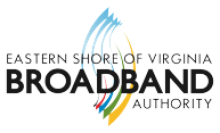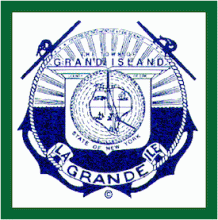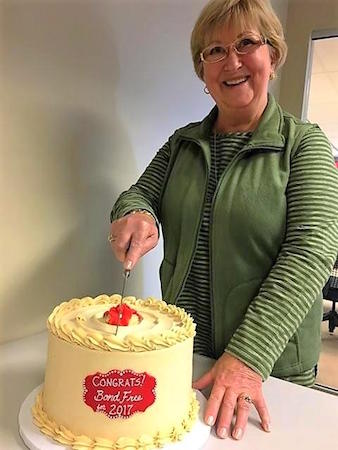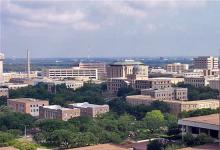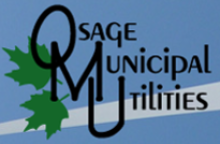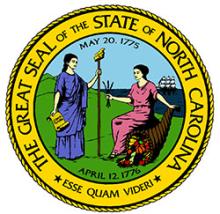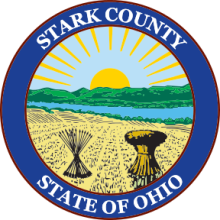Residential Fiber Expands on Virginia's Eastern Shore
The Eastern Shore of Virginia Broadband Authority (ESVBA) board of directors has decided to expand Fiber-to-the-Home (FTTH) service to 14 more areas in the region.
Speedy Expansion On The Shore
In the next six months, residents of Accomack and Northampton counties should have access to high-speed Internet. The ESVBA regional open access middle mile network already provides FTTH to three areas, but decided to expand, concluding the current budget would support additional deployment.
Areas specifically identified for expansion include Sanford, Accomac, Greenbackville, Atlantic, Wattsville/Horntown, Hallwood/Nelsonia, Oak Hall/New Church and Quinby. In a meeting planned for Dec 13th, the board will discuss which areas to prioritize, with the idea of moving into two new areas each month.
A Continuing Success
ESVBA was created in 2008 through the efforts of Accomack and Northampton counties. NASA helped fund the build-out of the regional network’s backbone. They have a flight facility on Wallops Island that employs over a thousand Virginians. Government agencies, local schools, and healthcare institutions on the shore needed reliable connectivity for daily operations. Apart from NASA, the Navy and the National Oceanographic and Atmospheric Administration connect to the network, along with schools and medical facilities, making it an indispensable community resource.
Several different telecommunications companies on the Eastern shore utilize the open access network in a variety of ways, including the ISPs Windstream Communications and the local Eastern Shore Communications LLC.
Residential FTTH service is currently underway in Harborton, the Bobtown/Pungoteague/Painter area, and Church Neck where customer sign-on is gradually increasing.
Next Steps


